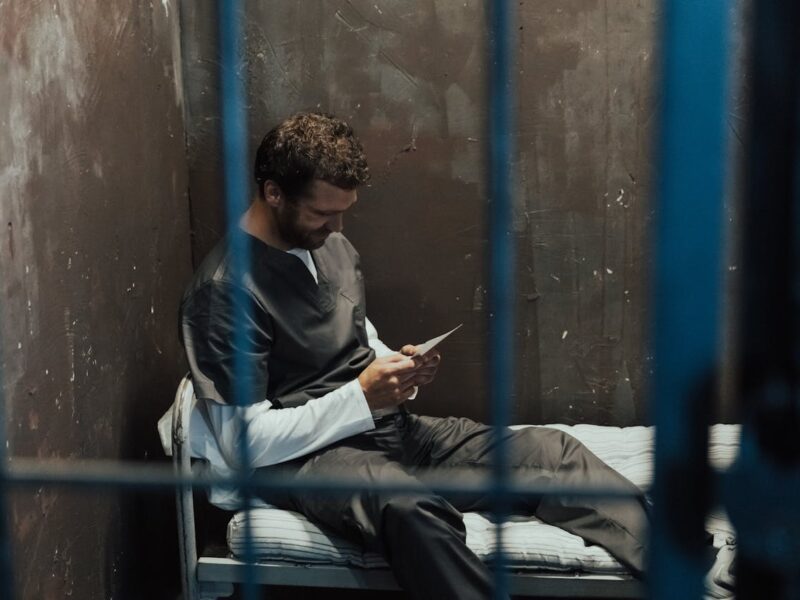Bankruptcy is a legal proceeding that can give you a fresh financial start. It also can help you avoid foreclosure on your home or repossession of your car and stop garnishment of your wages.
However, bankruptcy can also negatively affect your credit and future ability to borrow money. Understanding how it works and what to expect can help you decide whether it’s right for you.
Contents
What is Bankruptcy?
Bankruptcy is a legal process by which an individual or company can discharge debts. It is also referred to as “liquidation.”
Chapter 7 bankruptcy, the most common type, enables individuals and businesses to eliminate certain unsecured debts over three to four months. This includes credit cards, payday loans and medical bills.
A debtor may also be able to discharge secured (liens) such as mortgages and car loans so long as the payments under the plan can fully repay the debt. This can be especially true if the mortgage or car loan was obtained within specific time frames before filing for bankruptcy and the debtor has assets that would otherwise have to be sold to make up the balance.
How Does Bankruptcy Work?
Bankruptcy is a court proceeding that allows people to eliminate some of their debts and start over with a fresh financial slate. It’s a standard way to resolve financial problems but it can also be an uncomfortable and stressful experience.
A judge and a court trustee look through your assets and liabilities to see whether you can’t pay off some or all of your debts. If that’s the case, you’ll file a bankruptcy petition.
Chapter 7 is the most popular type of bankruptcy because it discharges most of your unsecured debt by liquidating your assets. It’s the quickest and most accessible form of bankruptcy, but it can have long-term effects on your credit.
Who Can File for Bankruptcy?
Bankruptcy is an option that can help you get a fresh financial start. With the help of experts in the field, such as those from Law Firm Rockville MD can help stop creditors from trying to collect debts and gives you time to sort out your finances according to the law.
In some cases, bankruptcy may even help stop a tax or mortgage foreclosure, repossession of your car or wage garnishment. In most cases, though, bankruptcy temporarily stops collection actions until your debts are resolved.
It’s a good idea to gather your financial records before filing for bankruptcy to understand what you owe and how much is available to repay. You can also get a copy of your credit report for free from the three major credit bureaus.
What Can I Keep in Bankruptcy?
You can keep most of your personal property in bankruptcy, but not all of it. There are exemptions in both federal and state laws that protect certain items up to a set dollar amount.
Bankruptcy exemptions help people who file for bankruptcy get the property they need to survive and pay back their debt. Exemptions cover the essentials of modern life: food, clothing, shelter and other goods necessary for living.
Those who file for Chapter 7 bankruptcy usually keep all or most of their property because they’ve used bankruptcy exemptions to prevent the trustee from selling any of it to pay creditors. Then, in a Chapter 13 case, they’ll pay the value of any property not protected by an exemption to their creditors through the repayment plan.
What Can I Lose in Bankruptcy?
Some people are concerned that bankruptcy will take away their belongings or their ability to secure credit. The truth is that most folks who file for Chapter 7 can keep their assets, and many can obtain new forms of credit after bankruptcy.
The key is to keep your debts under control and pay them on time. If you can’t or don’t have the income to do so, filing for bankruptcy may be your best option.
In most cases, a trustee must sell any property that doesn’t have an exemption (houses, vehicles and tools of the trade). The trustee will then use the proceeds to repay your creditors.



